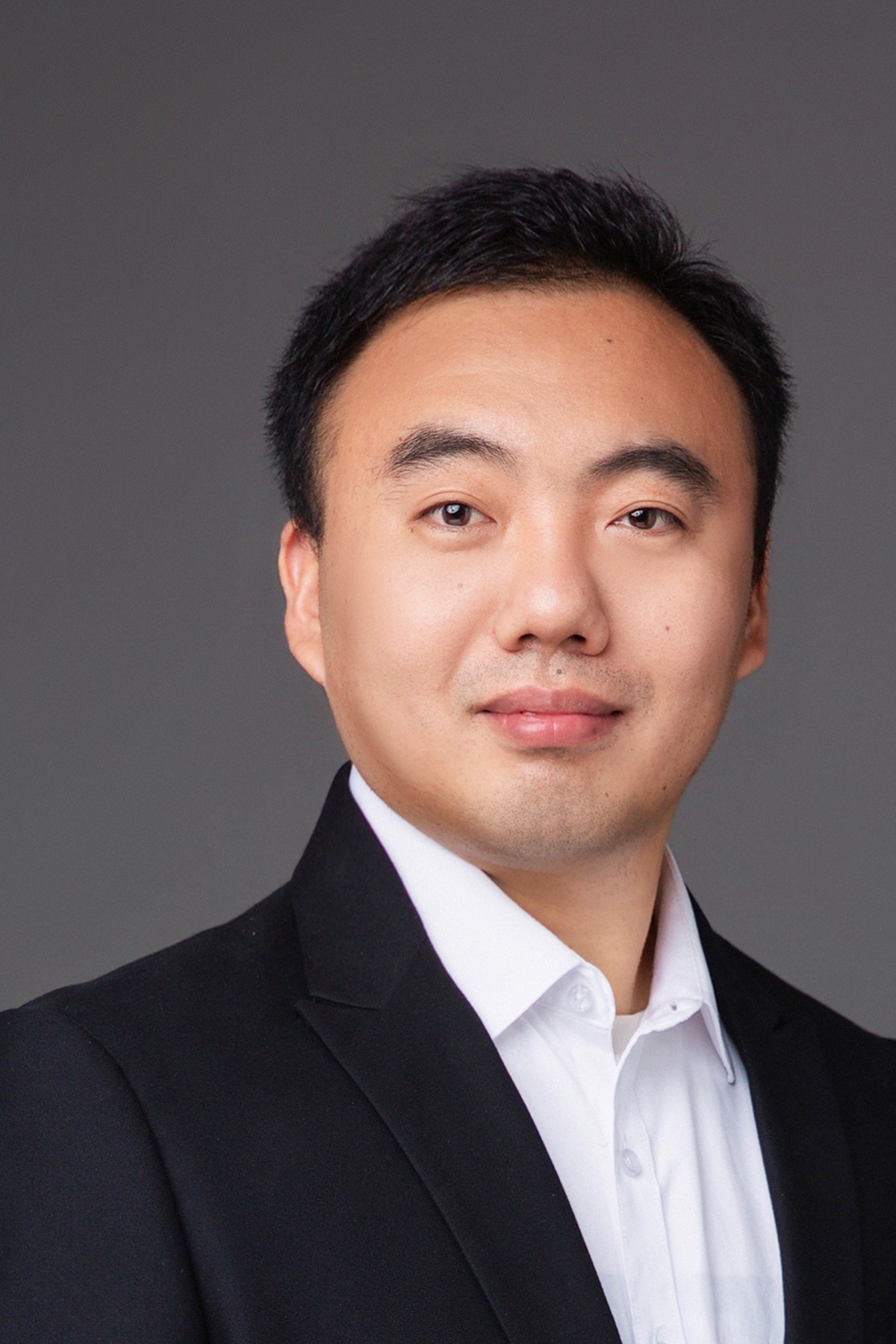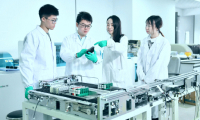Name:Zhifeng Wang
Position:Assistant Professor
E-mail:zhfwang@szu.edu.cn
Personal Statement:
Dr. Zhifeng Wang received his Ph.D. from Beijing Institute of Genomics, Chinese Academy of Science in 2016, and then joined Shenzhen University for postdoctoral training in 2017. Dr. Wang was engaged as associate investigator in 2019, employed as assistant professor in 2021, and awarded as high-level professional talent in Shenzhen in 2020.
To date, people have been all along threatened by cancers, and the underlying mechanisms of tumorigenesis and drug-resistance are still unclear. Dr. Wang has been committed to the research related to post-translational modification of proteins, genomic stability and tumors, to explore the intrinsic connection between genome instability and tumorigenesis/drug-resistance. In the few past years, Dr. Wang has found that: 1) the function and mechanism of the novel ubiquitination modification (UFMylation) regulating the DNA damage response through substrate MRE11 (NAR 2019), which is one of the important work in the field of UFMylation and DNA damage response; 2) the function and mechanism of UFMylation regulating the DNA replication forks stability (PNAS 2024) through substrate PARP1, which promotes the research of the UFMylation and genome stability; 3) the function and mechanism of UFMylation regulating cellular autophagy process (Autophagy 2024) through substrate VCP/p97, which, for the first time, reveals the relationship between UFMylation and cellular Autophagy; 4) also involved in the studies of translesion DNA synthesis (TLS) (NAR 2013; PNAS 2014), and revealed the functions and mechanisms of REV1 in promoting TLS (JCS 2016).
Research Interests:
Post-translational modification (Especially Ubiquitin-like modifications)
Genome instability, Tumorigenesis and Drug-resistance
Cell Stress and Diseases
Research Projects:
1. National Natural Science Foundation of China (NSFC) Project (32000911, 31761133012, 32090031);
2. Shenzhen Science and Technology Innovation Commission Project (JCYT20180507182049853, JCYT20180507182213033);
3. China Postdoctoral Science Foundation (CPSC) Project (2018M633143).
Selected Peer-reviewed Publications:
1, Zhifeng Wang*, Shuhui Xiong, Zhaoyi Wu, Xingde Wang, Yamin Gong, Wei-Guo Zhu, Xingzhi Xu*. (2024) VCP/p97 UFMylation stabilizes BECN1 and facilitates the initiation of autophagy. Autophagy, 20(9):2041-2054.
2, Yamin Gong#, Zhifeng Wang#, Wen Zong#, Ruifeng Shi, Wenli Sun, Sijia Wang, Bin Peng, Shunichi Takeda, Zhao-Qi Wang*, Xingzhi Xu*. (2024) PARP1 UFMylation ensures the stability of stalled replication forks. Proceedings of the National Academy of Sciences of the United States of America. 121(18): e2322520121.
3, Xingde Wang, Xingzhi Xu*, Zhifeng Wang*. (2023) The Post-Translational Role of UFMylation in Physiology and Disease. Cells. 12, 2543.
4, Zhifeng Wang, Yamin Gong, Bin Peng, Ruifeng Shi, Dan Fan, Hongchang Zhao, Min Zhu, Haoxing Zhang, Zhenkun Lou, Jianwei Zhou*, Wei-Guo Zhu, Yusheng Cong*, Xingzhi Xu*. (2019) MRE11 UFMylation promotes ATM activation. Nucleic Acids Research. 47(8): 4124-4135.
5, Zhifeng Wang, Min Huang, Xiaolu Ma, Huiming Li, Tieshan Tang* and Caixia Guo*. (2016) REV1 promotes PCNA monoubiquitylation through interacting with ubiquitylated RAD18. Journal of Cell Science. 129:1223-1233.









用户登录
还没有账号?
立即注册